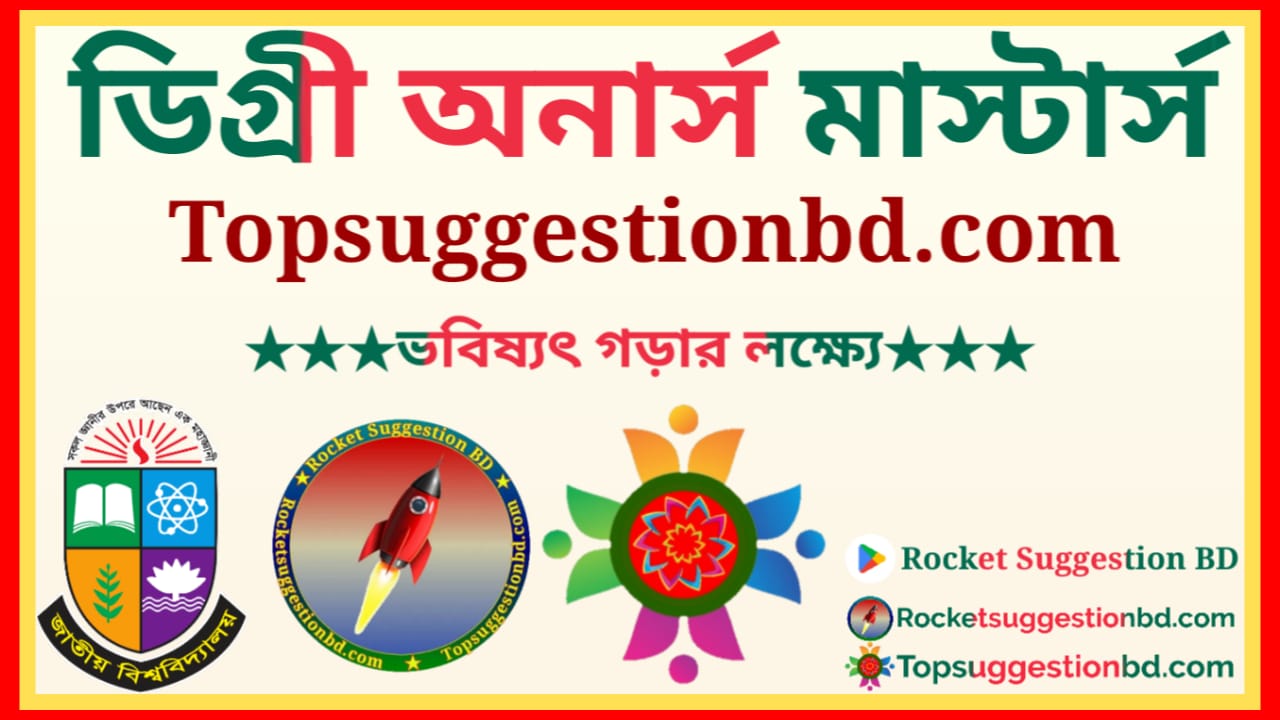
Power and authority are related concepts often used interchangeably, but they have distinct meanings in the fields of sociology, political science, and organizational behavior.
- Power:
- Definition: Power refers to the ability or capacity to influence others or control resources and outcomes. It is the potential to bring about change, make things happen, or influence the behavior of others.
- Sources of Power:
- Coercive Power: The ability to force or punish.
- Reward Power: The ability to provide rewards or incentives.
- Legitimate Power: Power derived from one’s position or role.
- Expert Power: Power based on knowledge, skills, or expertise.
- Referent Power: Power derived from being liked, admired, or respected.
- Informational Power: Power derived from access to and control over information.
- Authority:
- Definition: Authority is the legitimate and accepted right to exercise power. It is often institutionalized and associated with a specific position or role within a formal organization or social structure.
- Types of Authority:
- Traditional Authority: Based on long-standing beliefs and traditions.
- Legal-Rational Authority: Based on a system of laws and regulations.
- Charismatic Authority: Based on the personal qualities of an individual.
In summary, power is the broader concept that encompasses the ability to influence or control, while authority specifically refers to the legitimate and accepted right to exercise power. Authority is often derived from formal positions or roles within established structures, while power can be more fluid and may arise from various sources. Both power and authority play crucial roles in shaping social, political, and organizational dynamics. The ethical use of power and authority is a key consideration in maintaining a just and stable society or organization.



